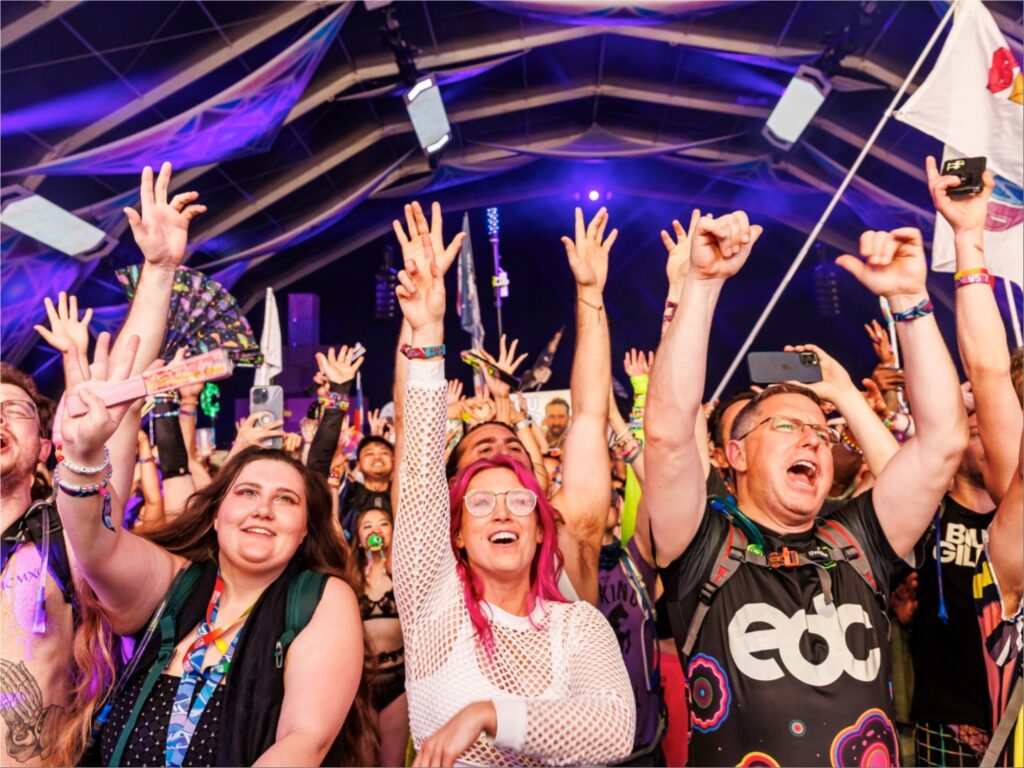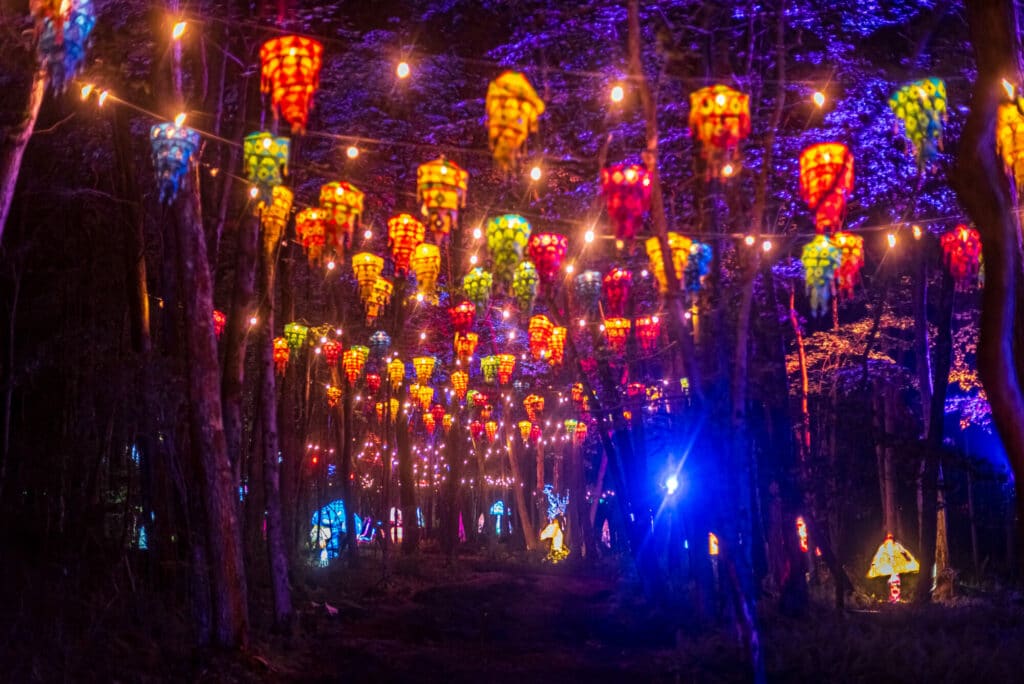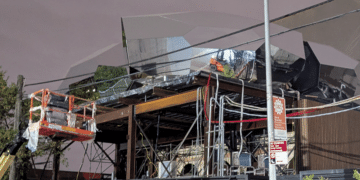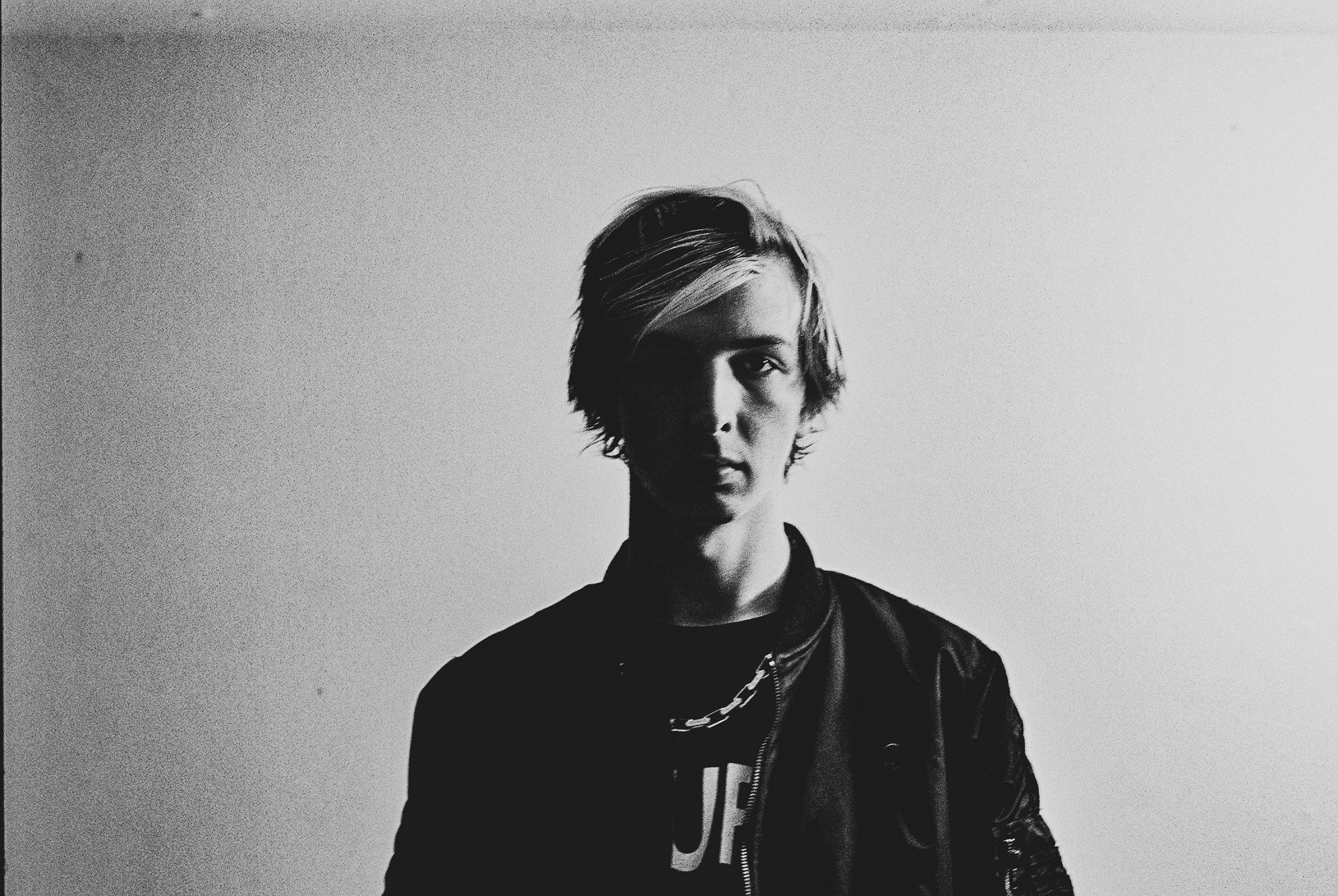Another day, another festival packing it in for good. While the news is bleak with the trend continuing, there’s also a silver lining to keep our spirits dancing.
First came the pandemic, then unemployment, and now, inflation. This triple whammy is having a real impact on the festival scene. While many festivals are calling it quits, I’m here to tell you there’s much to look forward to in the scene. Simply put, three things are happening right now:
- The biggest and most famous festivals simply cost too much, but will survive.
- Medium and large festivals at the next tier are the ones that are folding and will continue to fold.
- Smaller, regional, more intimate experiences are stepping up and will be a huge part of the future.
Before we dive into why this is happening, and also highlight the light at the end of the tunnel, let’s recap the current state of affairs.
While it’s hard to put our finger on a particular start to the trend, when Dirtybird Campout canceled last year, and then Dirtybird CampINN this year, it was clear this was more than an anomaly. So many festivals have cancelled recently, including Imagine, Sunset, Music Midtown, and Body Language, which cancelled the week of the show. Sonic Bloom is on hiatus this year and in this climate, is their return in 2025 a sure thing? And then there’s Backwoods with perhaps the most dramatic story after deleting all their socials and ticket holders’ reports of delayed refunds.
Sadly, the list above is hardly definitive, and isn’t limited to electronic music, with well established events like Blue Ridge Rock Fest being just one example. We’re sorry to report that this isn’t just a blip, it’s absolutely a trend. And while this trend might not be a tidal wave, to some, it will feel that way. This is a wave that will continue to wash over us throughout 2024, and likely beyond.
So why is this happening?
As noted earlier, there are three main factors: The pandemic, unemployment, and inflation. However, these are just the practical reasons that help explain the timing. There are other big factors: Over-saturation and changing tastes. Let’s turn the clock back a couple of decades and track how we got here. By the time what is known as the Rave Act was passed in 2003, everyone throwing illegal warehouse parties had already seen the writing on the wall. As these promoters “went legit,” many of them turned to festivals as a replacement. Give or take a few years, and this period saw the start of many big festivals including Ultra and Movement, while the likes of EDC Vegas and Coachella saw exponential growth.
Electronic music and the festival scene peaked about a decade later, and diehard fans would argue it’s simply become diluted since then. In the decade since, the trend has practically reversed, with revelers seeking out dark warehouses over the big, sun-drenched festivals. In fact, many promoters are throwing totally legal warehouse raves that are billed as “secret warehouse parties” to tap into the nostalgia of the ’90s.

We don’t have an accurate crystal ball, but let’s make a few educated guesses about what’s coming next.
First and foremost, if you love Coachella, or EDC Vegas, or Movement, you likely have nothing to worry about. Except your wallet. These events are well-established and run by companies that likely aren’t going anywhere. Ticket prices, and everything associated, will go up for sure. But these promoters will walk a fine line, allowing attendance to drop a little, while absorbing some cost increases, while raising prices. Just look at Coachella this year for an example. Everyone complained about the price, but only a fraction fewer tickets were sold (statistically speaking).
Medium to large festivals below the top tier are most at risk. These are the events that operate on an annual budget that allows practically no room for error. Not only are they the ones that can’t afford to carry losses, but they are also the ones that attendees will give up to either save for the big one, or save money overall. While we won’t make any grand predictions about which of these will fold, there may be a few obvious ones (we’re looking at you, Electric Zoo). Jokes about EZoo aside, their 2023 edition also showcased that crowds demand an over the top experience that not all events can afford or pull off.
The most important trend we’re seeing is the rise of smaller, regional, intimate events. We haven’t always had great things to say about Elements, and it’s hardly small anymore, but it is a perfect example of what’s to come. Countless regional festivals under 10,000 people are offering a truly unique experience. Many of these have way more than music, offering a more Burning-Man-style experience (sometimes called Burner Adjacent) that appeals to a wider audience. Lightning in a Bottle is another great example of this category. And while Elements and LiB are both around 18,000 people, we’re using these examples because you’ll recognize them. We encourage you to seek out your local alternatives that are smaller, more intimate, and simply more interesting than the big ones. Trust us when we tell you, a few of these lesser known events should be on your itinerary each year; many will become an annual pilgrimage.

While the demise of many festivals will still be upsetting, let’s embrace the change and remember: we’ve been here before!
As a ’90s raver, I truly cried when the Rave Act was signed, and cried some more at the trend away from the DIY culture I came up in. Later, I came to not only embrace festivals, but truly love them. Today, I kind of enjoy the “fake” warehouse raves, not only because they are well produced, but because they actually have exits, and exit signs, in case of emergency. But what I love the most are my intimate, regional festivals. I love meeting new friends, and then merging our squads the following year. I love having more interactive art, and actually meeting the artists. I love multiple stages, but two to three instead of seven to ten! And I’m not gonna lie, at 53 years old, I like not having to walk 45 minutes just to get from my tent to the stages.
So feel free to mourn the fallen festivals of the day, but don’t forget to look ahead and appreciate the magic of our scene, and the unknown beauty that has yet to come in this next chapter.








